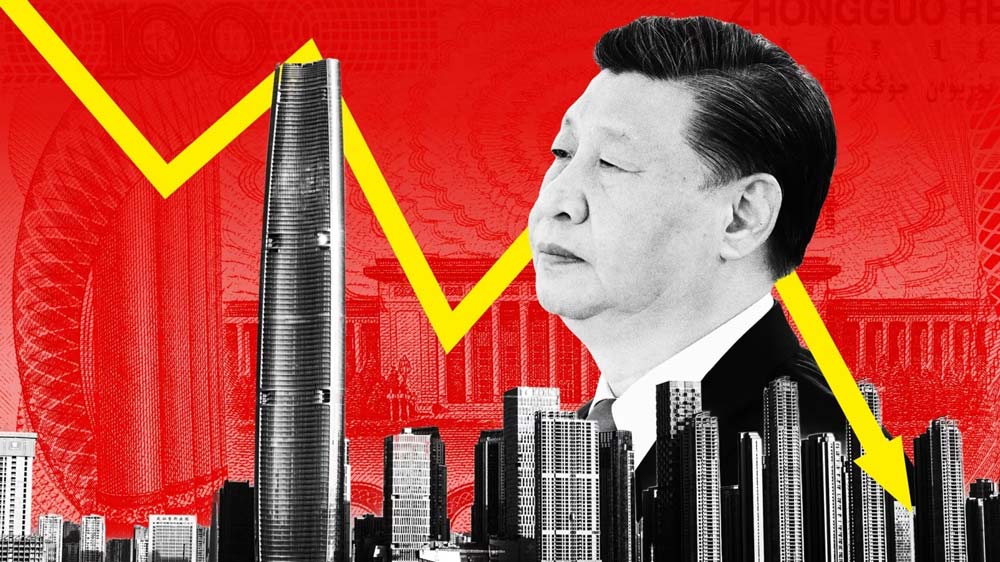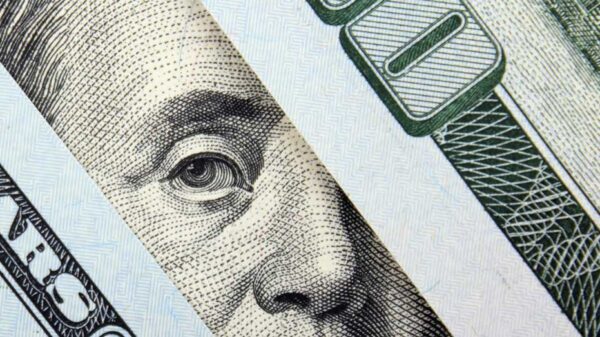In a rare admission, Chinese President Xi Jinping addressed the nation on New Year’s Eve, acknowledging the economic challenges faced by China. This marks the first time since he began delivering annual New Year’s messages in 2013 that Xi openly discussed the difficulties plaguing the country’s economy. The admission comes at a critical time for the world’s second-largest economy, which is grappling with a structural slowdown, weak demand, rising unemployment, and waning business confidence.
Economic Struggles and Job Market Woes
During his televised speech, President Xi acknowledged the struggles faced by businesses and job seekers in China. He emphasized that some enterprises had a tough time, while individuals encountered difficulty finding jobs and meeting basic needs. These challenges have become a pressing concern for Xi, who assured the public that addressing these issues remains at the forefront of his agenda. He expressed a commitment to consolidate and strengthen the momentum of economic recovery.
Manufacturing Downturn and Lingering Issues
The National Bureau of Statistics (NBS) released its monthly Purchasing Managers’ Index (PMI) survey, revealing a decline in factory activity. The official manufacturing PMI dropped to 49 in December, the lowest level in six months, indicating a contraction in the sector. This marks the third consecutive month of contraction, highlighting the persistent weakness in China’s massive manufacturing sector.
China’s economy faced a host of challenges throughout 2023, including a prolonged property downturn, soaring youth unemployment, sluggish price growth, and increasing financial strain on local governments. In response, Beijing has implemented various supportive measures and pledged to enhance fiscal and monetary policies in 2024. However, the government’s statist approach to the economy, which prioritizes state control over the private sector, has raised concerns among entrepreneurs. Additionally, the crackdown on businesses under the guise of national security has deterred international investors.
Implications and Future Prospects
President Xi’s acknowledgment of China’s economic challenges signals a shift in the government’s rhetoric. The admission reflects the urgency to revive growth, spur employment, and address the concerns of businesses and job seekers. With the implementation of supportive measures and the commitment to fiscal and monetary policy adjustments, Beijing aims to stimulate economic recovery.
However, the Chinese government’s emphasis on state control and its crackdown on prominent businesses have created an atmosphere of uncertainty and apprehension among entrepreneurs and international investors. The success of China’s economic revival efforts will depend on striking a delicate balance between state intervention and nurturing a vibrant private sector.
Furthermore, President Xi reiterated China’s stance on Taiwan, emphasizing the mainland’s determination to reunify with the self-ruled island democracy. This reaffirmation of Beijing’s long-held position adds another layer of complexity to the geopolitical landscape in the Asia-Pacific region.
Conclusion
President Xi Jinping’s rare admission of China’s economic challenges in his New Year’s address reflects the gravity of the situation and the government’s commitment to address these issues. The acknowledgment comes amidst a manufacturing downturn, lingering economic problems, and concerns about state intervention. As China navigates these challenges, striking a balance between state control and private sector vitality will be crucial for the country’s economic recovery and future growth. Moreover, China’s determination to reunify with Taiwan adds a geopolitical dimension to the complex dynamics in the region.









